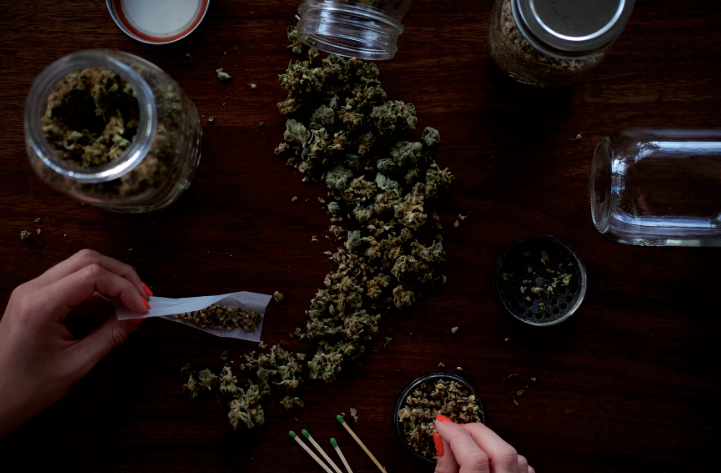Biden Admin. Asks DEA to Downgrade Marijuana to a Schedule III Drug
Assistant Sec. for Health and Human Services (HHS) Rachel Levine on Tuesday asked the Drug Enforcement Agency (DEA) to reclassify marijuana as a lower-risk drug, calling for it to be shifted from a Schedule I to a Schedule III drug.

Facts
- Assistant Sec. for Health and Human Services (HHS) Rachel Levine on Tuesday asked the Drug Enforcement Agency (DEA) to reclassify marijuana as a lower-risk drug, calling for it to be shifted from a Schedule I to a Schedule III drug.1
- Marijuana is currently classified in the same category as LSD and heroin, meaning it is deemed as having high potential for abuse and no accepted medical use. Under Schedule III, it would join the likes of ketamine and testosterone, which are classified as having moderate-to-low potential for dependence and abuse.2
- US Pres. Joe Biden — who says he opposes legalizing weed, but is in favor of a more modest decriminalization — asked for a re-evaluation of its categorization last October. Due to its current status, it technically cannot be prescribed by doctors and research into the substance is difficult.3
- If its classification were modified, it could also allow major stock exchanges to list businesses that are in the cannabis trade, and potentially allow foreign companies to begin selling their products in the US.2
- Critics have argued that Biden's request for re-evaluation last year was just an attempt to win young progressives in the midterm elections, with others claiming the reclassification would still leave people at risk of arrest for mere possession of the substance.4
- This comes as 23 states, three US territories, and the District of Columbia have legalized the recreational use of marijuana, with even more permitting its use for medical purposes. However, since it's illegal at the federal level, banks have been hesitant to fund the industry.3
Sources: 1Colorado Springs Gazette, 2Reuters, 3New York Post, and 4POLITICO.
Narratives
- Narrative A, as provided by The Conversation. Cannabis is not a harmless drug and it can lead to many of the serious health conditions that result from tobacco use. While criminalization may not be the answer, the marijuana industry cannot be allowed to sway the conversation without admitting the adverse health effects of a drug it's so successfully normalized. Smoking cannabis can severely damage the heart and lungs, and that information should be made widely available to the public.
- Narrative B, as provided by The Washington Post. There are potential health issues associated with marijuana, which is why the federal government should be more involved in regulating it rather than criminalizing it. Since certain states have legalized it without the federal govt. following suit, the FDA hasn't been able to offer guidance on potency levels or side effects, which can be particularly dangerous for underage users. The govt. must take us out of this regulatory limbo and start working to boost the economic potential of marijuana while mitigating its health risks.



